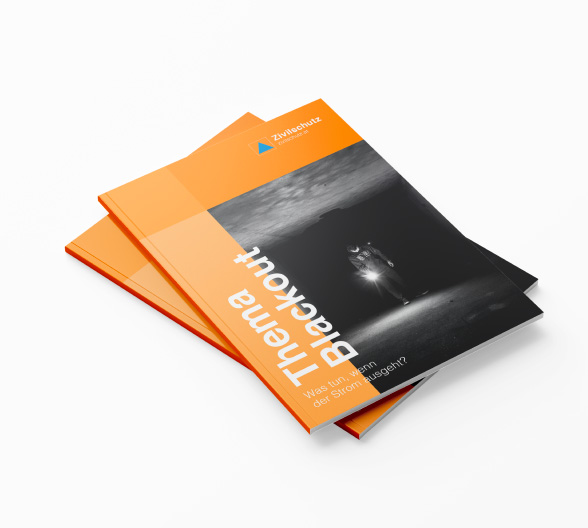What is an earthquake?
Earthquakes are the shaking of the earth’s crust, i.e. the uppermost layer of our planet. They can be divided into natural and induced (man-made) earthquakes.
Natural earthquakes are usually caused by mass displacements underground. A distinction is made between:
- Tectonic earthquakes (caused by shifting of the continental plates);
- Volcanic earthquakes (caused by the eruption of a volcano);
- Collapse earthquakes (caused by the collapse of a cavity); and
- Impact events (caused by the impact of a celestial body, e.g. asteroids).
Induced earthquakes are ground tremors caused by humans. Causes can include mining and oil production, water reservoirs, fracking, detonations or nuclear tests.
Most more severe earthquakes have tectonic causes, i.e. they are caused by the shifting of continental plates.
Forecast & early warning
Earthquakes are difficult to predict. It is possible to make long-term forecasts for a specific region. This means that it is possible to say which regions are more affected by earthquakes than others.
However, short-term predictions are not possible. The earth’s plates move very slowly and it is often many years or even centuries before a critical situation arises. When it does so, it is sudden.
Earthquake risk in Austria
According to Geosphere Austria, an average of 48 earthquakes can be felt in Austria every year. In most cases, only a trembling can be felt. In isolated cases, there may also be slight damage to buildings.
In principle, earthquakes can occur almost anywhere in Austria. However, most of the earthquakes take place in Austria’s significant tectonically active zones. These include:
- The Rhine valley in Vorarlberg
- The Inn valley and its tributary valleys
- The Mur and Mürztal valleys
- The Semmering region
- The Vienna Basin
You will find a detailed analysis of the situation in your federal state here (external link).
How to behave during an emergency
How to behave during an emergency
- Keep the house in good repair. Ensure that chimneys, balustrades, gutters and the like are in good structural condition. Ensure that the building complies with ÖNORM EN 1998-1 (on the design of structures against earthquakes).
- Make sure heavy furniture is firmly fixed to the walls.
- Secure hot water tanks well.
- Do not hang heavy pictures or shelves above the beds.
- Designate safe places in the home to protect yourself against falling ceiling parts (e.g. under door frames or under a sturdy table).
During an earthquake
- Take refuge in safe places in the house (e.g. under door frames or under a sturdy table). Keep away from windows!
- Do not run out of the house into the open!
- If you are outdoors: Stay outside and keep your distance (at least 5 metres) from buildings and electrical cables! If a distance cannot be maintained, seek shelter in the nearest house entrance or driveway.
After an earthquake
In the house:
- Check for structural damage.
- Extinguish open fires (fireplaces, candles, etc.)
- Switch off the electrical power using the mains switch.
- Shut off the main gas and water taps.
- If there is a risk of the building collapsing, leave the house immediately with your emergency bags.
- In the event of structural damage, especially to the chimney: Do not re-enter houses and flats until they have been declared safe by experts.
Outside:
- Keep a safe distance from buildings, as aftershocks can cause further damage and parts of buildings may fall.
- Switch on the radio and wait for instructions on what to do next.
Earthquakes when you are on holiday
Find out about potential natural hazards before you go on holiday. Many regions of the world are much more at risk from earthquakes than Austria. You will find some information for example in the country-specific travel information from the Ministry of Foreign Affairs (under the “Transport & Climate” tab of the respective country).
In addition to the points mentioned above, you should also bear the following points in mind when on holiday:
During an earthquake
- Do not run out of the house
- Do not use stairwells and lifts
- In a room: lie down next to your bed, as this will protect you from falling ceiling parts
- In a restaurant: take cover under a table
- Keep your distance from windows, and turn your face away from windows
- Outdoors: keep 5-10 metres away from buildings
Be aware that tsunamis may occur in coastal areas as a result of an earthquake:
- After the earthquake, move to a higher location (higher terrain, storeys)
Please also observe the instructions in the chapter on “How to behave during an emergency”!

